Proverbs Make Us Reflect on Our Own Situation
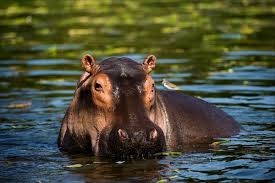 Use the right tools to do the job.
Use the right tools to do the job. Some proverbs are more obscure and not well known outside the Lucumi faith. For example, a proverb associated with Ocana (1) says, "Con una atarraya no se puede pescar un hipopótamo (You can't capture a hippopotamus using a fishing net). Obviously, the hippopotamus is native to Africa, not Cuba, but anyone who has seen a photo or drawing of one knows it's a very large animal weighing well over a ton. In 19th century Cuba, it would have represented an exotic, rare animal, an impossible prey for an average man with limited resources. The listener would understand that the hippopotamus is a metaphor, representing a big and difficult task, or perhaps an unrealistic goal. Although the hippopotamus lives in the river, it's not the same as a fish, and it wouldn't be effective to use a fishing net to catch one. If you don't have the right tools or preparation, you aren't going to succeed. This is a timeless message that extends well into our century, even when most of us no longer fish for our food. In Ocana, people can be very hard headed and refuse to listen to good advice. They're not realistic about their goals, and they don't know when to quit. They need to learn to assess their own abilities better, and to determine if they've got a realistic chance of succeeding before they launch into a new venture. They may need to work in a team or ask for help, which they're usually reluctant to do. The diviner will recite the proverb as a way to start the conversation, and ask the client how it applies to his life.
The Cultural Context of Proverbs
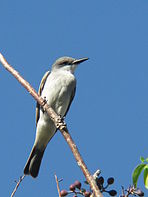 Looks can be deceiving
Looks can be deceiving Most proverbs have been translated into English so that practitioners who don't speak Spanish can use them in divination. But, some of them are very culturally specific to the tropics. They require more than a literal translation. For example, in Eyiunle Odí (8-7), the proverb says "Por mucho que vuele el aura el pitirí la alcanza" (No matter how high the aura flies, the pitirí catches up to it). The proverb makes no sense unless you know something about the two birds referenced here. The aura is a kind of vulture that typically flies high above the ground looking for food. The pitirí (or pitirre) is a much smaller bird that typically lives in shrubs lower to the ground. But it will aggressively defend its territory from larger birds when necessary. The message as it related to the odu is that people in Eyiunle tend to be arrogant and think others are beneath them. The proverb reminds them that they shouldn't underestimate people who appear smaller, weaker or less important They might be surprised when the smaller person catches up with them and overtakes them. The diviner needs to understand the cultural references in order to interpret the proverb correctly. Sadly, some people no longer learn proverbs because they consider them old fashioned and don't see the value in them. I believe they contain wisdom that never goes out of date, and they engage us in critical thinking skills that help us gain more self-awareness and a better understanding of the world around us.
I have a section of my website devoted to proverbs, and I'll be adding more to it in the coming weeks. I invite you to take a look at the proverbs and think about what they suggest to you.
I have a section of my website devoted to proverbs, and I'll be adding more to it in the coming weeks. I invite you to take a look at the proverbs and think about what they suggest to you.

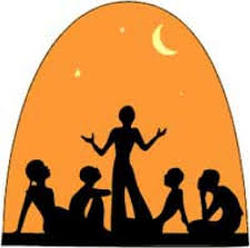
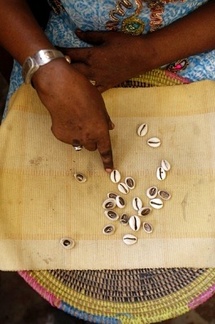
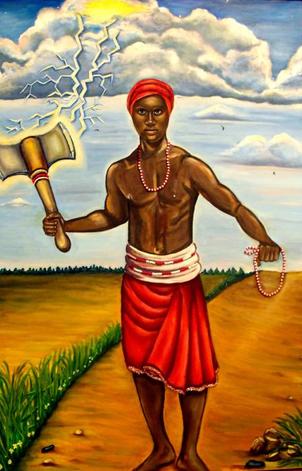
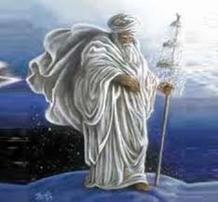
 RSS Feed
RSS Feed
